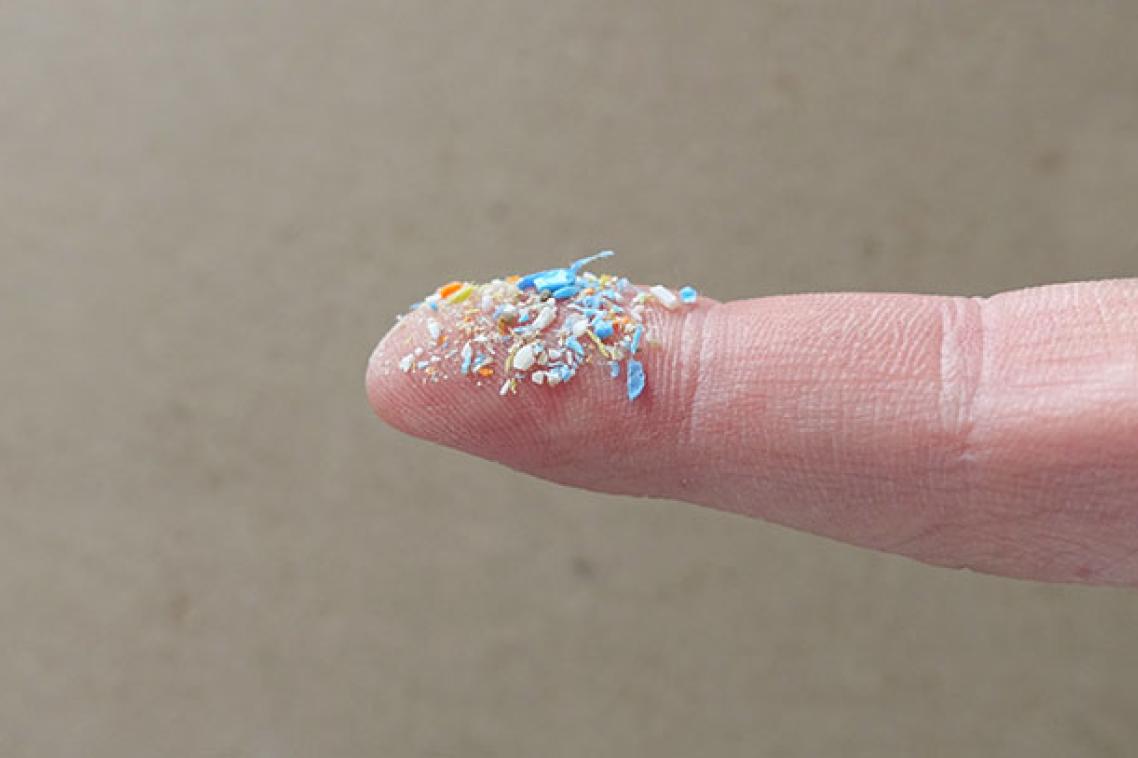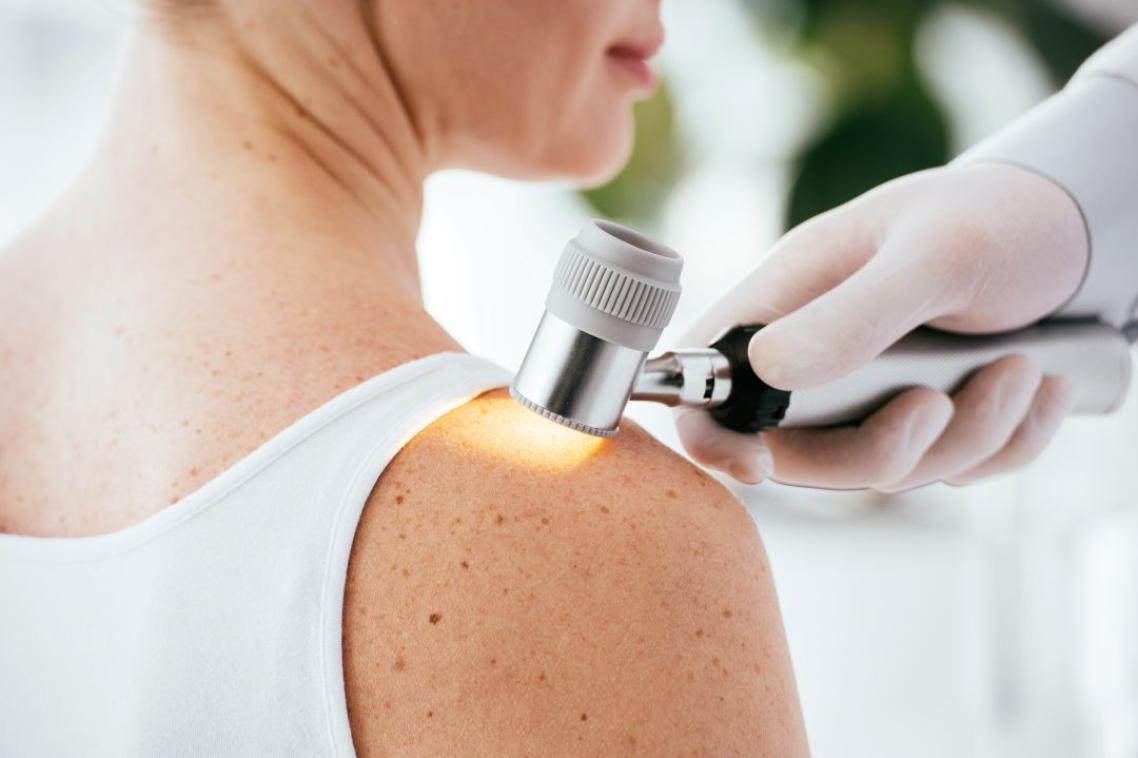Partnership launches quest to measure the toll of plastic pollution in humans

The Minderoo Foundation has partnered with The University of Queensland to understand if micro and nano plastics and the plastic chemicals which leach out of plastic products are found in the human body.
Minderoo Foundation has granted more than $4.5 million to UQ’s Queensland Alliance for Environmental Health Sciences, which will help to drive global efforts to stop plastic harming human health.
Minderoo Foundation Chair, Dr Andrew Forrest AO, said with plastic production forecast to double over the next 20 years and the level of human exposure increasing, the partnership with UQ was critical.
“For some time now, international researchers have been expressing grave concerns about the toxic impacts of plastics on human health, and now, with this partnership, we can add the weight of Australian evidence to the world’s awareness,’’ Dr Forrest said.
“We are committed to developing expertise in this field to understand the impact of plastics on human health, because it will contribute important evidence to drive the urgent changes in how we make and use plastics.”
UQ Vice-Chancellor and President Professor Deborah Terry said the partnership would accelerate scientific understanding of the potential effects of plastic, which is crucial to stimulating global awareness and collaboration to prevent plastic from harming human health.
UQ QAEHS Director, Professor Kevin Thomas said studies suggested particles bigger than approximately 10 micrometres were likely to pass through the gut without causing harm, but smaller particles could enter the body.
“Current best estimates suggest that, on average,an adult consumes around 1,000 plastic particles a day through food, water and air,” Professor Thomas said.
“The support from Minderoo Foundation will allow our team to develop methods and techniques to analyse these plastics and refine the detection of plastic chemicals, and to gather evidence as to whether they enter the body and if so at what levels.
“Understanding exposure is one of the key steps in determining potential health risks of plastics and associated chemicals.”
Media: Shaun Devitt, Minderoo Foundation, sdevitt@minderoo.org, +61 408437342; Kirsten O’Leary, UQ Communications, k.oleary@uq.edu.au, +61 412307594.
Topics
Related articles
Brisbane woman runs 50km for 50 days to break barriers for para-athletes

Study challenges conventional wisdom on a common cause of melanoma
Media contact
UQ Communications
communications@uq.edu.au
+61 429 056 139
